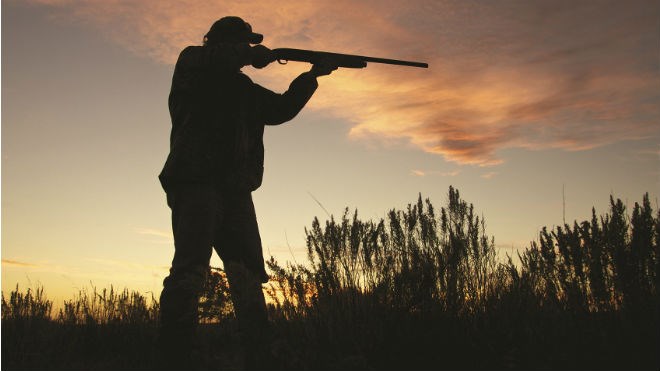An Ontario Superior Court judge has rejected a constitutional challenge from dozens of First Nations residents facing hunting and fishing charges, who argued that since the court doesn't have jurisdiction over land claims issues, it had no right to hear the case against them.
The defendants were arguing that they had Aboriginal title over the land where the alleged offences took place.
In a decision released April 7, the defendants argued that since the lower court can't rule on issues related to land claims, it had no jurisdiction to prosecute the cases against the accused and should be referred to a higher court.
The offences took place between 2005 and 2013, in Sudbury, North Bay, Sturgeon Falls and Pembroke. While most were charged separately, the defendants were acting collectively because they argued that “judicial economy would not be served if they must mount the same constitutional challenge in each separate case.”
However, the ruling says that in cases where treaty rights are invoked as a defence, the onus is on the defendants to “prove that they were exercising their community's aboriginal or treaty rights, and that the legislation infringes that right.”
And citing a 1990 ruling, the judge wrote that while treaty rights are enshrined in law, that doesn't make them “a holy grail which only initiates of superior courts may touch.”
“Generally speaking, constitutional arguments are better served when seen to be properly considered during a trial,” the judge wrote.
He also cited a precedent from 2010 in which the judge ruled that when constitutional claims are the basis for a defence, it's best to hear the arguments in the court that has jurisdiction over the charges.
“If the appellants are dissatisfied with the result of the Ontario Court of Justice, they have recourse to any statutory rights of appeal,” the judge wrote.
The judge also accepted the Crown's argument that the defence's motion was undermined by the fact many of the defendants come from different communities and First Nations backgrounds.
When prosecuting these sorts of provincial offences, the Crown is required to consult with First Nations communities who are making land title claims about the proposed uses for the land. In order to make the type of motion being made in this case, the defendants must show they have sought the land uses in question and have been refused by the Crown.
“The applicants come diverse backgrounds, which is inconsistent with the assertion of aboriginal title,” the judge wrote. “There has been no demands made to the Ontario Court of Justice. There has been no refusal of any command that might have been made.”
The Crown also argued that the legal challenge was “malicious and vexatious” and was just the latest of a series of legal challenges intended to delay proceedings.
A 2010 ruling involving some of the defendants in this case already determined that the proper place to hear defence based on treaty rights is the court that has the jurisdiction over the charges in question – in this case, hunting and fishing offences.
“Notwithstanding this direction, the applicants have brought this application,” the judge wrote, in dismissing the application.
Join Sudbury.com+
- Messages
- Post a Listing
- Your Listings
- Your Profile
- Your Subscriptions
- Your Likes
- Your Business
- Support Local News
- Payment History
Sudbury.com+ members
Already a +member?
Not a +member?
Sign up for a Sudbury.com+ account for instant access to upcoming contests, local offers, auctions and so much more.
